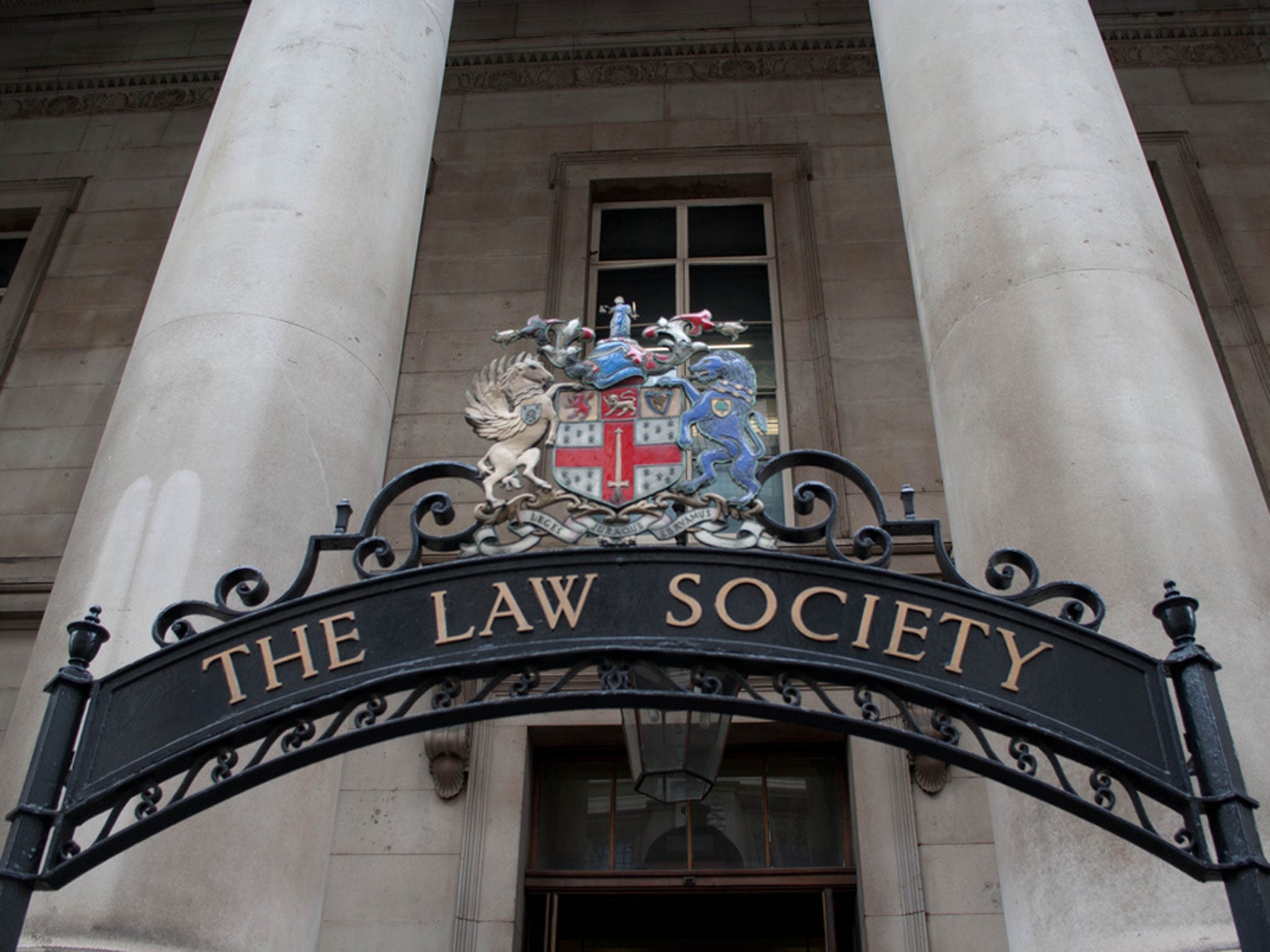Islamic law to be enshrined in British law as solicitors get guidelines on 'Sharia compliant' wills
The Law Society has issued guidelines to solicitors on drawing up "Sharia compliant" wills

Islamic law is to be effectively enshrined in the British legal system for the first time under guidelines for solicitors on drawing up “Sharia compliant” wills.
Under guidance produced by The Law Society, High Street solicitors will be able to compose Islamic wills that refuse women an equal share of inheritances and discount non-believers entirely, the Sunday Telegraph reported.
The recommendations can also prevent illegitimate children, as well as those who have been adopted, from being included in an inheritance.
Nicholas Fluck, president of The Law Society told the newspaper that the document, which would be recognised by Britain’s courts, would promote “good practice” in applying Islamic principles in the British legal system.
But some lawyers have described the recommendations as “astonishing” and campaigners have warned that the move marks a step towards a “parallel legal system” for Britain’s Muslim communities.
Baroness Cox, a cross-bench peer leading a Parliamentary campaign to protect women from discrimination authorised on the basis of religion, including from unofficial Sharia courts in Britain, told the Sunday Telegraph it was a “deeply disturbing” development.
And she pledged to raise the issue with ministers. “This violates everything that we stand for,” she said.
“It would make the Suffragettes turn in their graves.”
The guidelines were quietly published this month and distributed to lawyers in England and Wales to “assist solicitors who have been instructed to prepare a valid will, which follows Sharia succession rules” while remaining valid under British law.
In one section it is stated: “The male heirs in most cases receive double the amount inherited by a female heir of the same class. Non-Muslims may not inherit at all, and only Muslim marriages are recognised.
“Similarly, a divorced spouse is no longer a Sharia heir, as the entitlement depends on a valid Muslim marriage existing at the date of death.”
And in another section it suggests amending clauses which define the terms “children” or “issue” to ensure that illegitimate or adopted offspring are excluded from the inheritance.
The guidelines also suggest that many Muslim clients may wish to have a declaration of faith at the start of their will, which can be worded appropriately with help from the local mosque.
Currently, Sharia rules are not formally recognised or included in British laws.
But a network of Sharia courts has emerged to deal with disputes among Muslim families in Islamic communities.
A few are officially recognised tribunals, operating under the Arbitration Act, but many more unofficial Sharia courts are in operation.
Keith Porteous Wood, executive director of the National Secular Society, told the Sunday Telegraph: “This guidance marks a further stage in the British legal establishment’s undermining of democratically determined human rights-compliant law in favour of religious law from another era and another culture.
"British equality law is more comprehensive in scope and remedies than any elsewhere in the world. Instead of protecting it, The Law Society seems determined to sacrifice the progress made in the last 500 years.”
The new guidelines are one example of the practice notes that the Law Society issues for the use and benefit of its members.
These documents represent the Law Society's view of good practice in a particular area. Lawyers are not required to follow them, but doing so makes it easier for them to account to oversight bodies for their actions.
Join our commenting forum
Join thought-provoking conversations, follow other Independent readers and see their replies
Comments